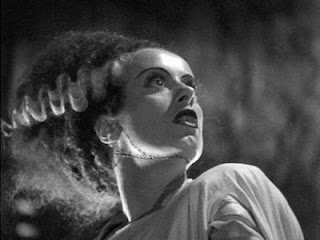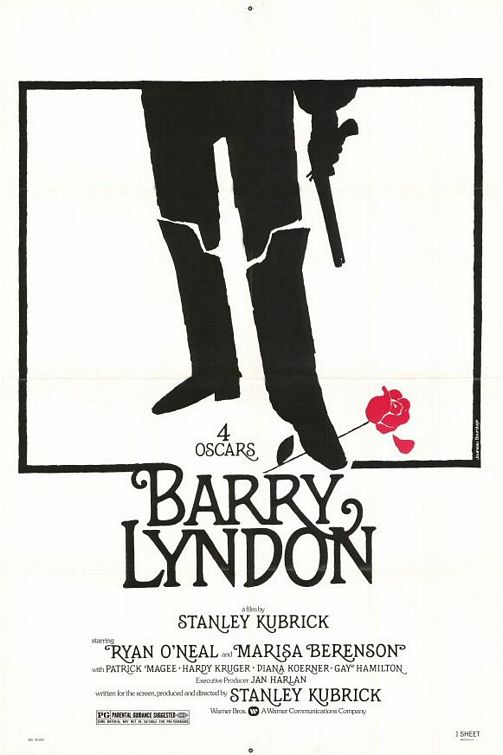
Sorry it's been a while; I've been busy, though I've made notes of a couple of things to write about here, which will hopefully appear soon.
In any case: Rubicon. To be honest, I had no idea what the title was referring to when I first came across it, and assumed it was more bad summer TV, and so disregarded it until recently. For those similarly ignorant (most of us, I suspect), the Rubicon is a river in Italy which demarcated the area in which Caesar was allowed to move with his army. In crossing the Rubicon, he and his troops were in breach of Roman law. They did so anyway to sack Rome so he could become Emperor. Thus, "crossing the Rubicon" is passing the point of no return, from which no retreat is possible.
Rubicon the third effort from AMC after the much-acclaimed Mad Men (which I follow) and slightly less so Breaking Bad (which I don't). At base, it is another spy thriller, a form that has succeeded much better on the big screen than the small, due to the difficulty of finding an antagonist worthy of a full-season plot. Even in good spy shows like J.J. Abrams Alias, these usually turn into criminal organizations. These are not terrorist groups supporting a cause, or vast drug gangs like those in Mexico at the moment, but rather rich and polished criminal organizations in it for the money, kind of stateless anti-CIAs. In TV, they usually end up as shallow plot devices (see Alias's K-Directorate et al, Chuck's Fulcrum and Ring), though in the movies, they occasionally rise above their form (see SPECTRE in Quantum of Solace—though not in most earlier Bonds). The form of a movie also allows simpler, more commonplace and believable antagonists, such as those in the Bourne movies, or even The Green Zone or Syriana or in a comedic turn, The A-Team.
Into this morass, Rubicon chooses its steps carefully, aware of both the necessities and weaknesses of the genre. It accepts that an antagonistic organization is necessary for the plot, but works hard to make it avoid cliché. This takes the form of a corrupt conspiracy of seven men in positions of power manipulating and profiting from world events. Slowly, the show uncovers their motivations and means; they are not simply "evil", but rationally malignant people. Unpleasant, yes, but believable.
The protagonists are also chosen carefully and uniquely. While it is not the first time intelligence analysts in New York have provided both heroes and corruption (see Three Days of the Condor—or don't; it's bad), it is the first time action has been so resoundingly eschewed in the spy genre. Seriously, fewer people die in the first season than in a matter of seconds in Alias, Chuck, Undercovers, Nikita, and the like. Instead, the drama comes from the analysis of intelligence, putting together the puzzles—quite literally in the pilot—and searching for the truth behind events. The resulting plots, though "slower", i.e. less action-filled, are equally as tense as The Hurt Locker or Hawaii Five-0, and significantly more engrossing.
Acting, direction, and photography are all excellent; of particular note is Jessica Collins for her depiction of Maggie, the protagonist Will's assistant at the American Policy Institute. The nuance she brings to a part that could have been quite simple is striking, as is her mastery of the use of small movements to evoke a torrent of emotion. The result is a strange magnetism, not quite idealistic charisma, but more aesthetic admiration. She's my current pick for a rising star in the industry; my last was Carey Mulligan after seeing her in the Doctor Who episode "Blink" (a masterpiece in its own right), who went on to receive an Oscar nod for An Education (supporting, not leading; somehow the better actresses always end up there). I expect as much for Collins; she has rare talent. Other notable performances are Arliss Howard for his depiction of Kale Ingram, the head of operations at API and the toughest and most striking gay character to date, and Michael Cristofer as Truxton Spangler, the shady head of API.
 |
| Jessica Collins (Maggie Young), James Badge Dale (Will Travers), and Arliss Howard (Kale Ingram) |
Note: I know this review is missing a reference to The American, which is similar in theme, manner, and reviews—even poster art. Unfortunately, I missed it in theaters, but will see it when it comes out on DVD, and maybe post an update here.










